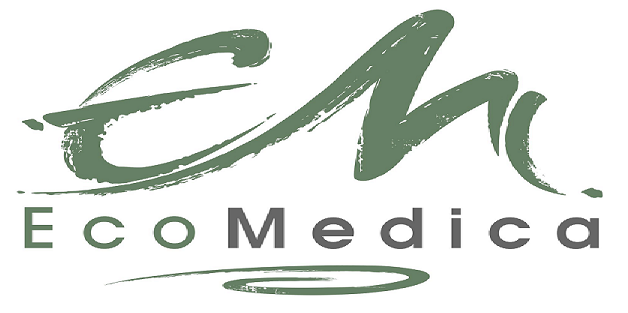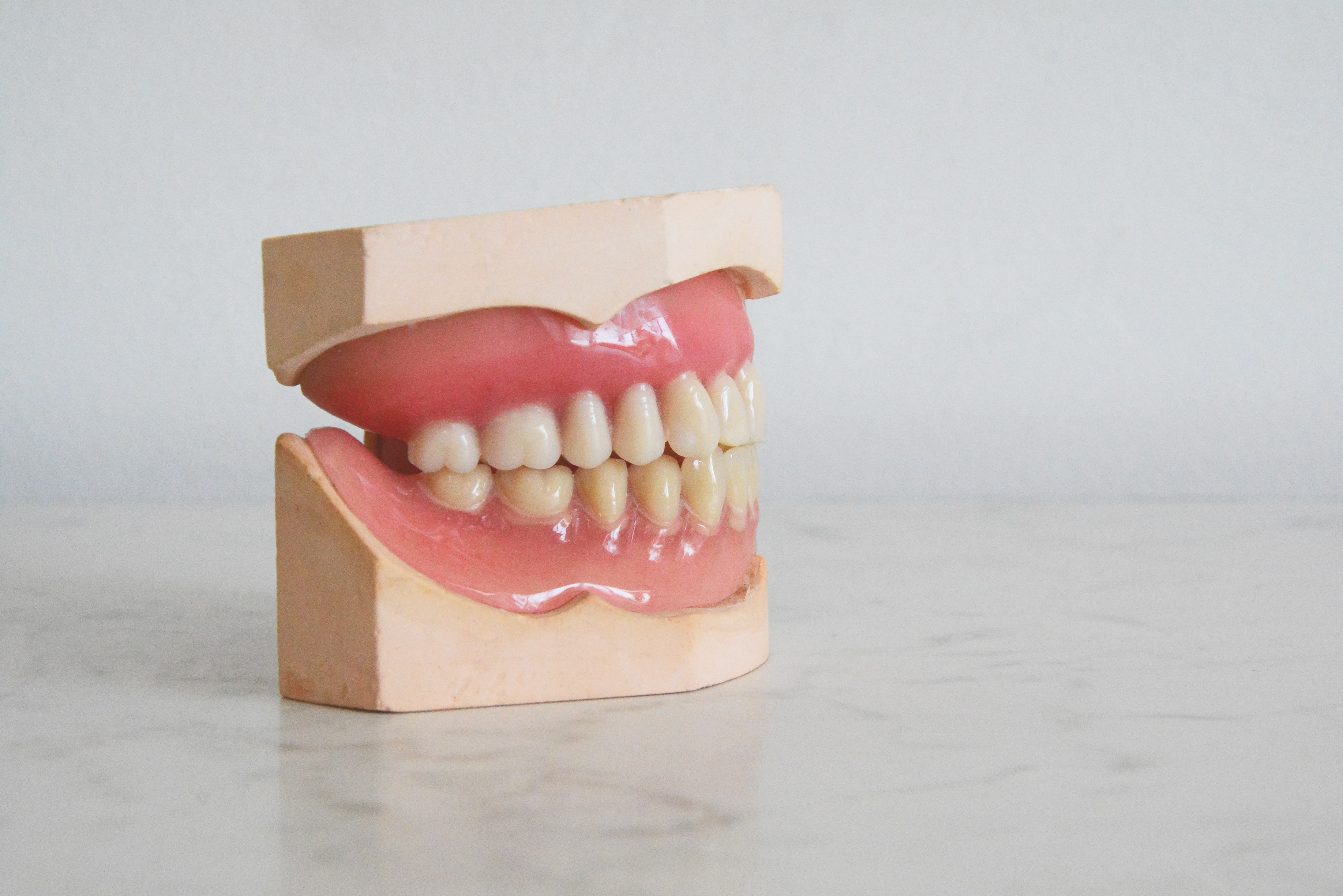Many patients with tick-borne illness will experience dental issues including cavities, jawbone erosion, enamel weakening, gingivitis, periodontitis, and teeth movement. Borrelia and Bartonella are probably the root cause for these dental changes, as these organisms can penetrate the bone and mucosa and establish biofilm colonies. The organisms cause localized inflammation and tissue destruction over time to such an extent, that dental problems occur. Clearly, there are genetic influences on these processes, as is true with all symptoms manifestations of tick-borne illness.
A diet rich in sugars, carbohydrates, and processed foods makes this situation worse, as these substances actually feed the pathologic organisms. Simply by changing the diet to one of the nuts, seeds, and vegetables, you can re-establish a healthy oral microbiome. Additionally, rinse the mouth with half hydrogen peroxide and half water twice daily, and this may help as well. An oral rinse with nanosilver may be helpful due to the antibacterial effects of silver. An oral rinse of an antifungal such as Nystatin can reduce the presence of any fungal complications in the oral cavity. Lastly, oral antibiotics and topical antibiotics may be useful in returning the tissue to a healthy state. Oral antifungals such as Nystatin, Diflucan, or Ketoconazole may reduce a fungal overload in the mouth as well.


